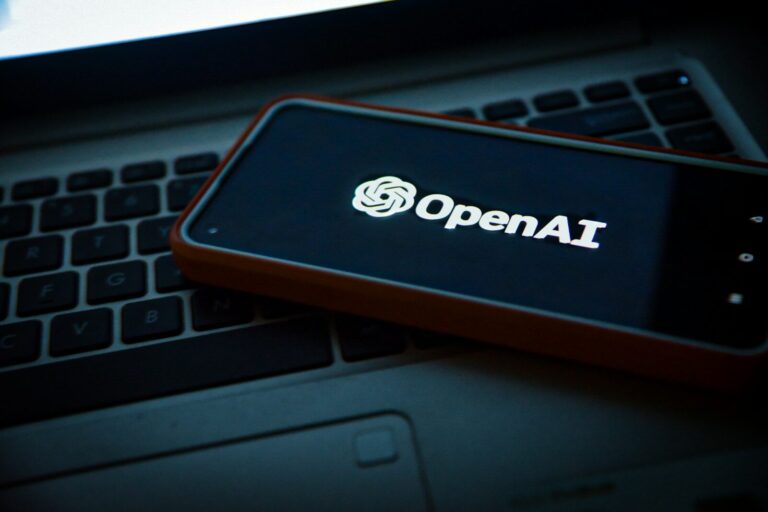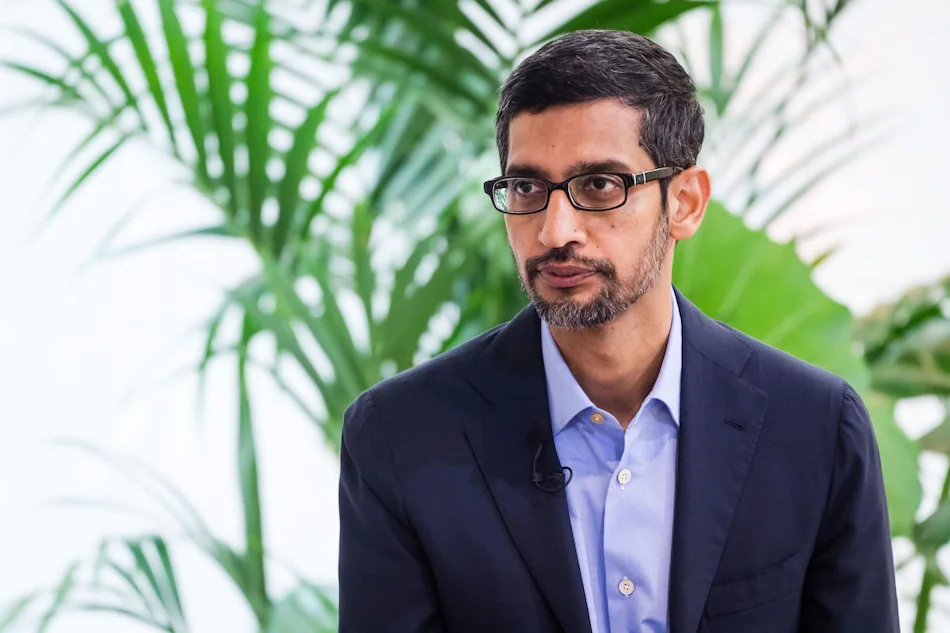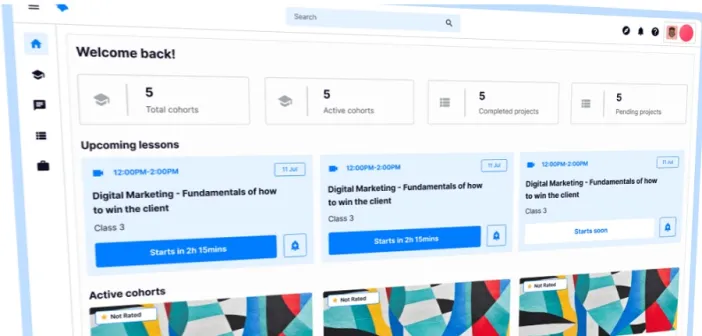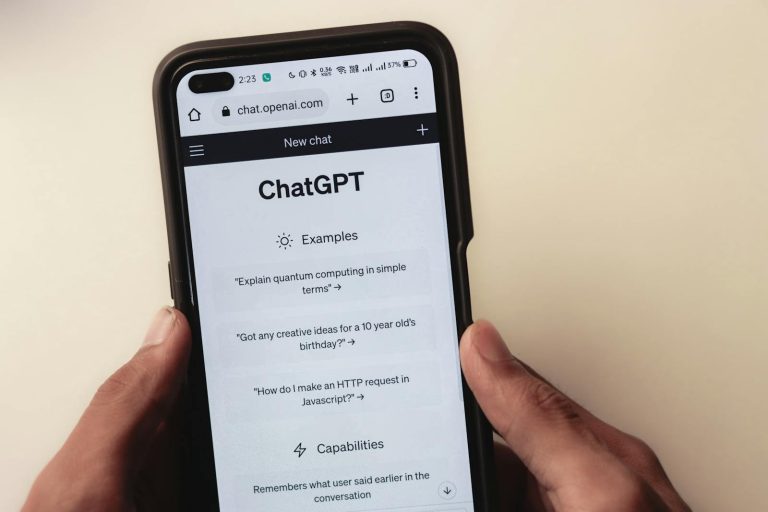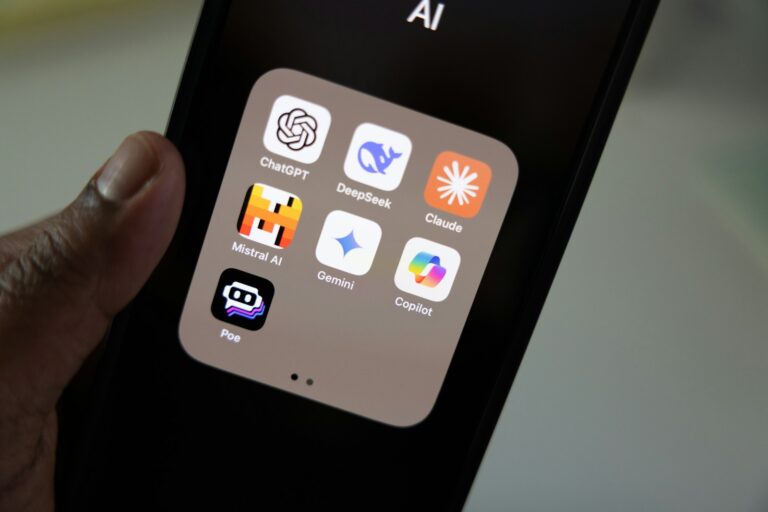Meta is Working on AI-powered Chat on WhatsApp, Messenger

Nobody is immune to the generative AI wave, and everyone wants to be a part of it.
Meta is the most recent company to begin testing AI-powered tools for its products. Mark Zuckerberg announced that the company is creating “a new top-level product group” to integrate generative AI into its billions of users’ services.
Zuckerberg stated that the team will initially focus on developing creative tools, but the long-term goal is to create “AI personas that can help people in a variety of ways.” However, he cautioned that the company must first lay the groundwork before sharing these “futuristic” experiences with users.
To begin, the company is testing text-based AI tools on WhatsApp and Messenger, presumably ChatGPT-styled conversation bots. While these may be entertaining use cases for users, Meta may eventually capitalize on these features by offering them to businesses in areas such as sales and customer support.
Meta is also experimenting with AI-aided filters and ad formats on Instagram along with “video and multi-modal experiences”.
According to Axios, former Apple executive Ahmad Al-Dahle will lead the project, and the team will report to Chief Product Officer Chris Cox.
While generative AI tools have been around for a while, it wasn’t until OpenAI’s ChatGPT bot that the technology gained mainstream traction. Microsoft has already incorporated some of the AI goodness into its Bing search engine and Edge browser. In response, Google announced earlier this month that it is testing a competing product called Bard. Other search engines, such as You.com and Neeva, have also announced the integration of AI-powered chat products. Snapchat, Facebook’s rival, also launched a custom-trained chatbot for its paid subscribers this month.
It’s not surprising that Meta has launched an AI offensive. Zuckerberg’s big bet on the metaverse has yet to pay off, and the company will need to find new revenue streams.
Last week, it debuted the Meta Verified subscription program, but like we have seen with other social networks, paid plans are yet to show a semblance of a major revenue driver.


